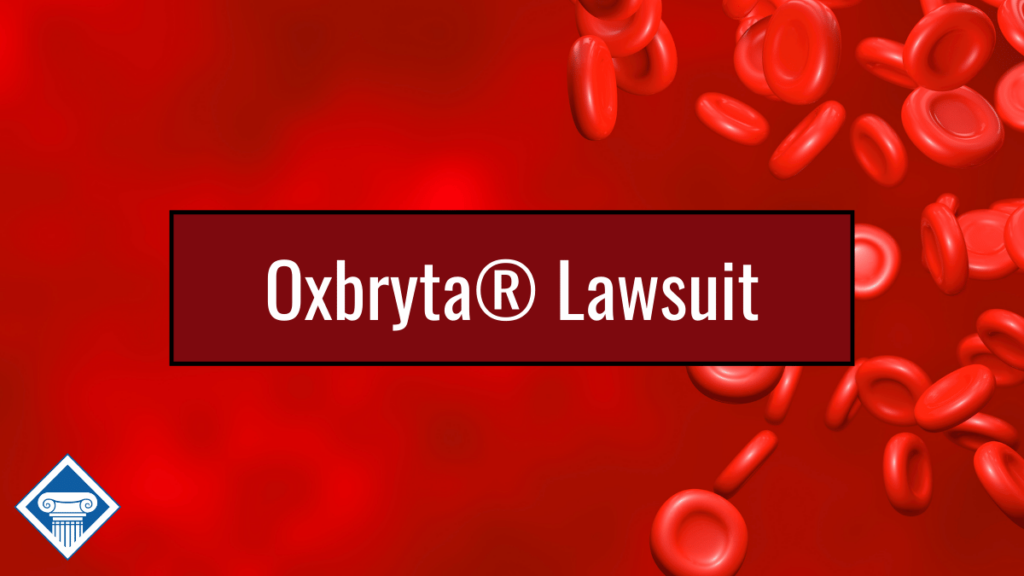Gastroesophageal reflux disease, also called GERD, is a relatively common disorder with many different causes, including certain medications, physical trauma, and psychological stress. Veterans may be entitled to VA disability benefits for GERD either as a primary or secondary service-connected disability.
Talk to Us About Your Claim:
(812) 426-7200
Over-the-counter antacids and acid blockers are your best friend. You have to take them with just about every meal, or you get a painful and more severe form of acid reflux called GERD. But did you know that your GERD may be related to your military service? This post explains the VA rating for GERD, the VA GERD DBQ, and related conditions.
In this article about GERD VA disability ratings:
GERD in veterans
GERD is a digestive disease that occurs when acid or stomach bile climbs into the esophagus. GERD and acid reflux are often used as interchangeable terms, but this is not exactly accurate. Both conditions cause heartburn, a burning pain in your chest that sometimes feels like it’s rising into your throat after you eat. However, GERD is more severe than acid reflux. If you experience heartburn twice a week or more, you’re most likely dealing with GERD.
Recent research suggests veterans may be at an increased risk of developing gastrointestinal issues like GERD. Gulf War veterans in particular may be at a higher risk due to exposure to toxins, chemicals, and pesticides.

GERD VA disability rating
GERD is rated using diagnostic code 7206 for gastroesophageal reflux disease, which rates at 0%, 10%, 30%, 50%, or 80%, depending on the frequency and severity of symptoms.
VA GERD DBQ
The VA provides Disability Benefits Questionnaires (DBQ) to help guide doctors during examinations of veterans. DBQs can be used by any doctor, including a veteran’s private physician, as long as the doctor is qualified. For example, a VA GERD DBQ should ideally be filled out by a gastroenterologist or another specialized doctor treating your GERD.
The VA GERD DBQ is laid out like most other DBQs, with basic questions about the healthcare provider filling out the form and sections on your medical history, your esophageal diagnosis or diagnoses, and how GERD and any other esophageal conditions impact your ability to work. Other sections include more information about your symptoms and any testing you’ve had done. It’s important to note that to qualify for a GERD VA rating, you must have undergone a barium swallow, computerized tomography, or esophagogastroduodenoscopy test indicating you have the condition.
Finally, the VA GERD DBQ leaves space for your doctor to add any additional findings or remarks, and to sign and certify the form. The information collected will ultimately be sent to the VA to help evaluate the veteran’s condition.
Conditions related to GERD
Veterans may be able to prove that their GERD was directly caused by their service. If your GERD predated your service, you may also be able to establish a service connection on the basis of aggravation if your condition became worse because of your service.
GERD may also be a secondary disability if another service-connected condition caused it. Likewise, if you have a service-connected condition that causes you to develop GERD, you may be owed VA disability compensation for both conditions.
Some conditions that may contribute to or worsen GERD include:
- PTSD and other mental health conditions
- Certain medications, including pain narcotics, medications for high blood pressure and heart disease, and sedatives
- Obesity
- Hiatal hernia
If you have a service connection for one of these conditions and you developed GERD, you may be able to get a secondary service connection.
On the other hand, it’s possible for GERD to increase the risk of developing additional health complications, including:
- Barrett’s esophagus
- Sleep disorders like sleep apnea
- Esophagitis
- Lung issues
- Dental erosion to your back teeth
If you’ve service connected your GERD and developed one of these conditions, you could be owed additional compensation from the VA.
“Woods & Woods will jump over any hurdles the VA throws at them! They know how the VA works and get the job DONE!! I’m now 100% P&T! My wife and I can move on with our lives! Thank you W&W and team!”

E.H. an Air Force veteran from North Carolina
From a Google review for Woods & Woods
Can I get TDIU for GERD?
A veteran can be awarded total disability based on individual unemployability (TDIU) benefits if they can’t maintain “substantially gainful employment” due to their service-connected conditions.
TDIU pays at the same level as a 100% disability rating, even when the veteran’s combined rating is below 100%.
Veterans will typically be eligible for TDIU if they have:
- At least one service-connected disability rated at 60% or more disabling, OR
- Two or more service-connected disabilities with at least one rated at 40% or more disabling and a combined rating of 70% or more
Based on this formula, you’re unlikely to get TDIU for a GERD VA rating or Barrett’s esophagus rating alone unless you have a severe case. However, you may be able to combine your GERD or Barrett’s esophagus rating with other service-connected conditions to be eligible for TDIU.
How Woods & Woods can help
Woods & Woods has been fighting for people with injuries and disabilities since 1985. Our team of accredited VA disability lawyers, case managers, legal analysts, and intake specialists know the ins and outs of the VA so you don’t have to do all the hard work. Call us today for your free and confidential case evaluation.
Talk to Us About Your Claim:
(812) 426-7200
Frequently asked questions
Barrett’s esophagus, sleep apnea, esophagitis, lung conditions, and dental issues may all be secondary to GERD.
Yes, GERD qualifies for VA benefits if it’s connected to your military service. Although there is no diagnostic code for GERD, the condition rates using the criteria for hiatal hernia at 10%, 30%, or 60% disabling.







